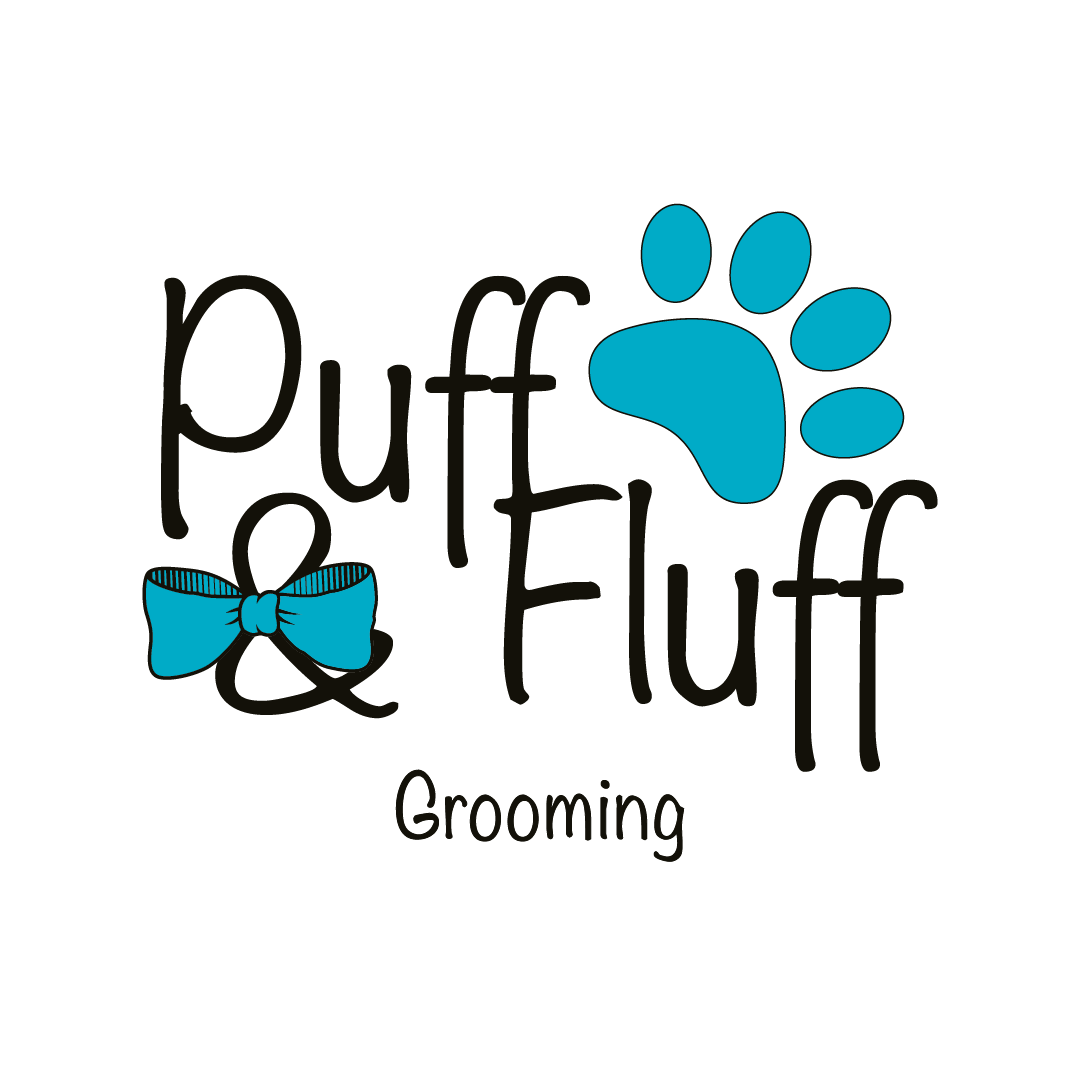Pets are as much an extension of our families as anybody else…but even if your furry friends gather around the dinner table with you, that doesn’t mean they can enjoy all the same foods you can! In fact, March marks Pet Poison Prevention Awareness Month and it’s essential to know what foods and other seemingly harmless household items may be toxic to your pet. Of course, many know that chocolate is no good for pets – no matter how strong a sweet tooth they have! – but did you know that avocado, onions, and garlic can be toxic too? If not, don’t worry! We’re here to help you sort out the bad from the good.
Foods That Are Toxic to Pets
Perhaps you don’t feed your furry friends any human food at all! However, if you can’t help but give in to those puppy dog eyes, don’t fret. Just be sure to avoid giving the following foods to both felines and canines:
- Chocolate, coffee, grapes, raisins, onions, garlic, salt, and macadamia nuts are some of the major no-no’s.
- Milk and other dairy products, as well as foods that contain the sweetener, Xylitol, should be avoided too.
- This one may seem obvious, but don’t go giving Fido any alcoholic beverages either. It may seem like a funny idea but it can be quite dangerous.
In addition to human foods, avoid mixing up your pet’s foods. By that I mean if you have both cats and dogs in the household– don’t let one get into the other’s food. It may not make them sick, but their food is not interchangeable. Cats and dogs require different nutrients for their health so be mindful of that.
Household Products Toxic to Pets
When we think of pet toxins, our minds generally go to foods. However, there are plenty of potentially harmful products that may be scattered around your house.
- Rodent pesticides are extremely lethal to pets. Just because the rat poison is in your basement doesn’t mean Fido won’t find it. If you have a pest problem, try using non-poisonous traps.
- Medications are another potential pet hazard. Pets are both curious and extremely intelligent. Even the strongest child-proof top won’t deter them.
- Other toxic items that you may have around the house include detergent, antifreeze, batteries, and certain plants.
If you have small kids, keep in mind that toys can pose as choking hazards to your playful pets. Of course, you may not be able to keep an eye on your pets at all times– so it’s also important to be aware of symptoms that may suggest your pet ingested something he or she shouldn’t have.
Potential Symptoms
If your pet exhibits any of the following symptoms, contact your local veterinarian immediately:
- Difficulty breathing/coughing
- Confusion/depression/shivering
- Diarrhea/vomiting/seizures
There are plenty of resources out there should you ever have any questions about keeping your pets safe. These include the ASPCA Animal Poison Control and the Pet Poison Hotline.

